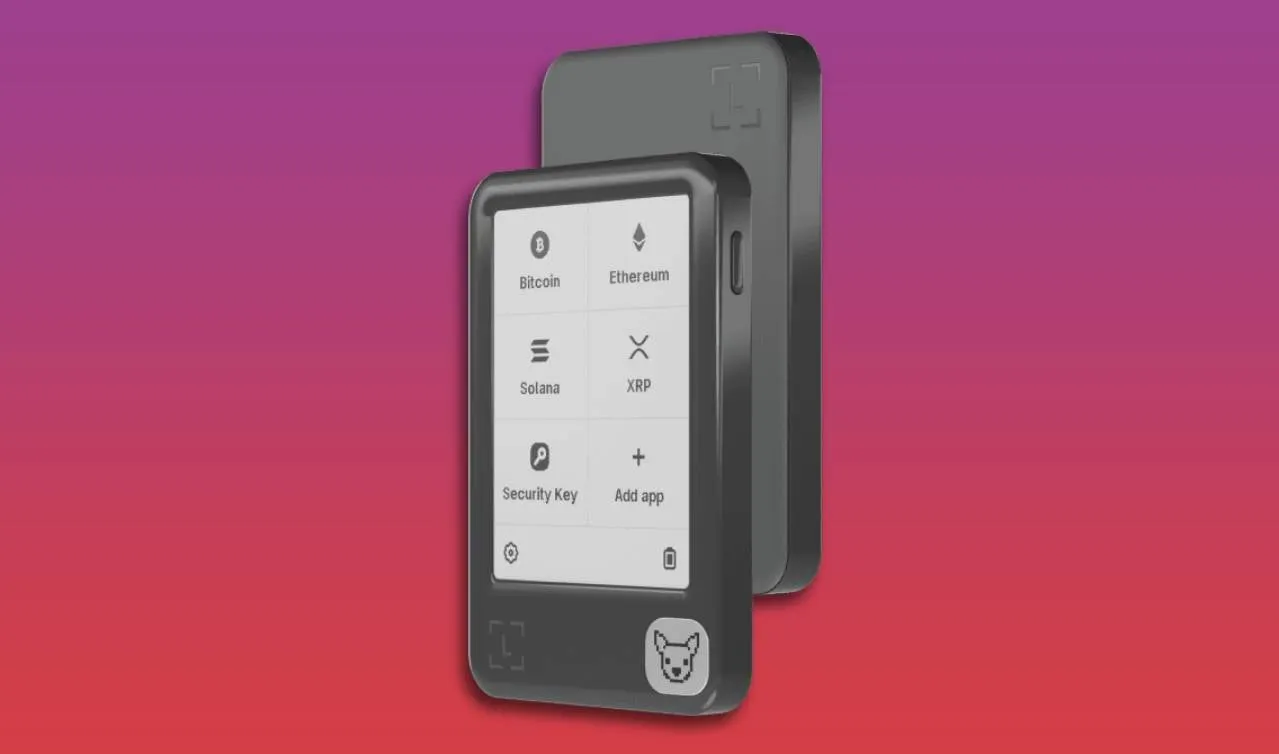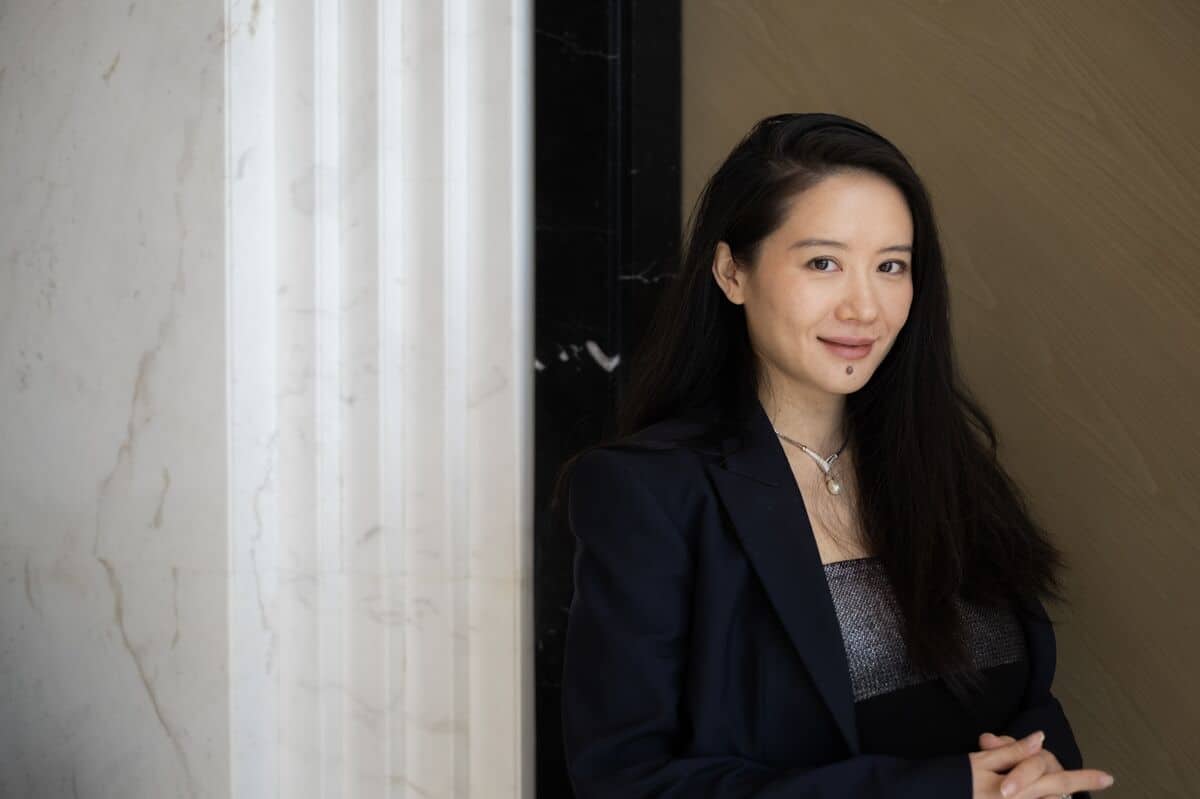In brief
- Compass Coffee in Washington, D.C. became the first Square seller globally to process Bitcoin payments through a standard register during DC Fintech Week, with all transactions completing instantly.
- Block’s new Bitcoin payment system allows merchants to accept crypto and convert up to 50% of daily sales into Bitcoin starting November 10, with zero processing fees for the first year.
- Experts told Decrypt that Lightning Network’s instant transactions “bring in a new era of BTC adoption” by eliminating the high interchange fees that burden small businesses.
A Washington, D.C. coffee shop became the first merchant in the world to accept Bitcoin through Square’s point-of-sale terminal this week, a new chapter for seamless crypto payments at everyday retailers.
Compass Coffee, a popular 27-location chain in the nation’s capital, demonstrated the new technology during DC Fintech Week, allowing customers to purchase coffee using Bitcoin over the Lightning Network through a standard Square register, the same white touchscreen device used by millions of small businesses nationwide.
“We tested Lightning payments from 10 different wallets—fast, reliable, and honestly pretty fun. All went through instantly,” Michael Haft, CEO and co-founder of Compass Coffee, tweeted on Wednesday.
When asked whether Bitcoin payments could scale globally before U.S. mass adoption, Maksym Sakharov, co-founder and CEO of WeFi, told Decrypt “it can, and most likely will,” adding that the real demand lies not in Silicon Valley but in countries like the Philippines, Vietnam, and Nigeria, where crypto “isn’t just another luxury—it’s a weapon for survival.”
The pilot represents the first real-world deployment of Square’s newly announced Bitcoin payment system, unveiled last Wednesday by parent company Block.
“We’re making Bitcoin payments as seamless as card payments while giving small businesses access to financial management tools that, until now, have been exclusive to the largest corporations,” Miles Suter, Block’s Head of Bitcoin Product, noted.
Starting November 10, merchants will be able to accept Bitcoin and convert up to 50% of daily sales revenue into the crypto with zero processing fees for the first year.
“Bitcoin payments have been part of the white paper and intrinsic to its earliest positioning as a currency,” Pranav Agarwal, independent director at Jetking Infotrain India, told Decrypt. “However, the adoption has been slow mainly because of the block times that tend to be 10 minutes.”
“Lightning network has changed that and now payment acceptance systems at PoS at scale will bring in a new era of BTC adoption,” he added.
“A typical card payment has an issuer bank, receiver bank, and card rails,” he said, while “BTC payments can be self-custodial with just a single enabler like Square,” which could “unlock new value through loyalty programs, cashbacks, or lower prices as sellers don’t need to absorb high interchange fees.”
Despite the breakthrough, regulatory hurdles remain, as Jack Dorsey recently called for a federal tax exemption on small Bitcoin payments, reviving a July effort tied to President Trump’s reconciliation bill that failed to advance, which Senator Cynthia Lummis (R-WY) said she is still working on.
Block Inc. (NYSE: XYZ) closed at $76.13, down 0.05% on the day, before slipping slightly to $76.10 (-0.04%) in after-hours trading, according to Google Finance data.
When asked what needs to happen next for Bitcoin payments to become as seamless as card transactions, YZ Ng, head of product at UR, told Decrypt Compass Coffee’s Lightning demo shows “how far DeFi technology has come,” but true parity “requires more than speed.”
He said the ecosystems of “payment UX, merchant integration, and clear compliance frameworks need to align,” noting adoption will “follow utility” once crypto payments feel like any other contactless experience, “sans added friction or uncertainty.”
Daily Debrief Newsletter
Start every day with the top news stories right now, plus original features, a podcast, videos and more.
in well organized HTML format with all tags properly closed. Create appropriate headings and subheadings to organize the content. Ensure the rewritten content is approximately 1500 words. Do not include the title and images. please do not add any introductory text in start and any Note in the end explaining about what you have done or how you done it .i am directly publishing the output as article so please only give me rewritten content. At the end of the content, include a “Conclusion” section and a well-formatted “FAQs” section.










